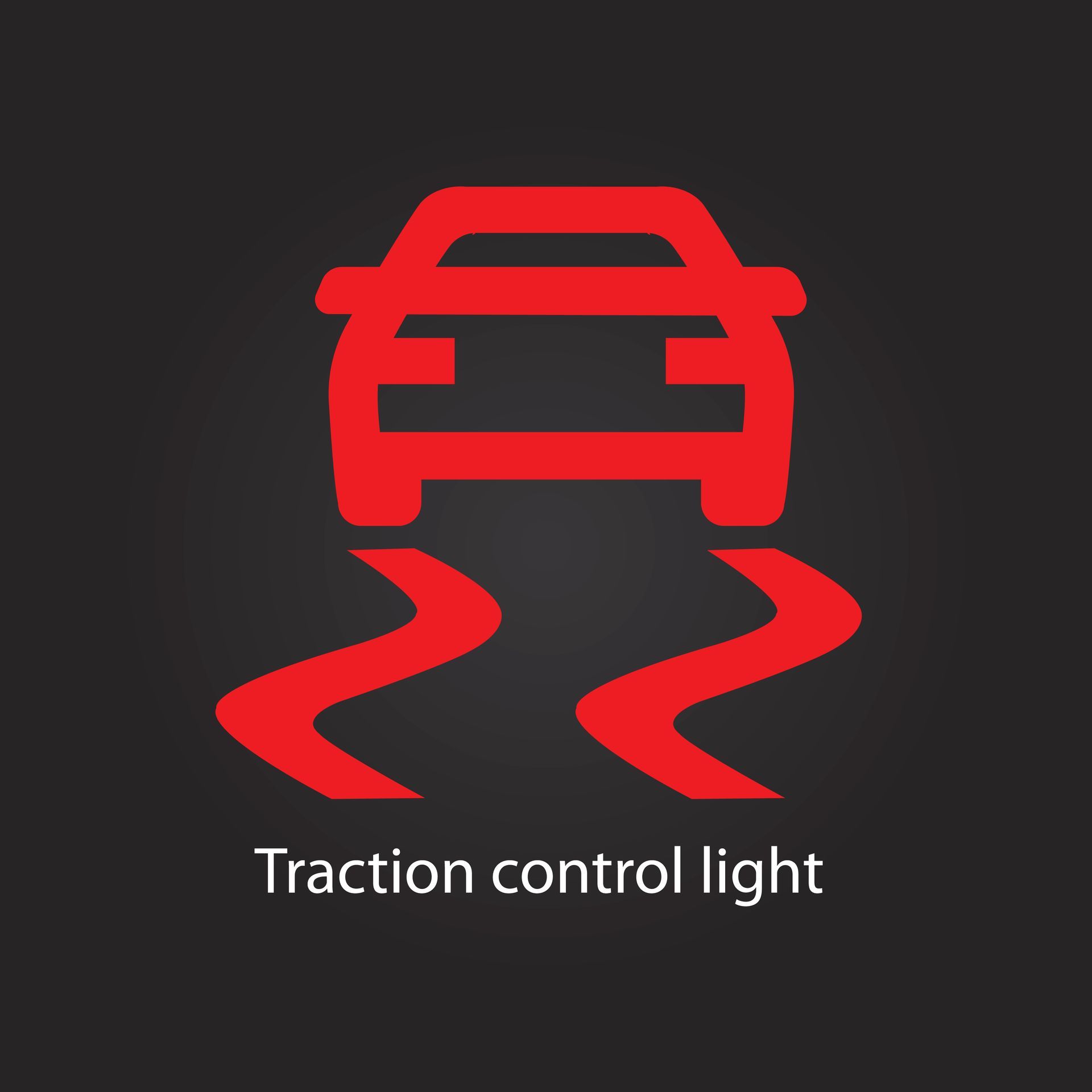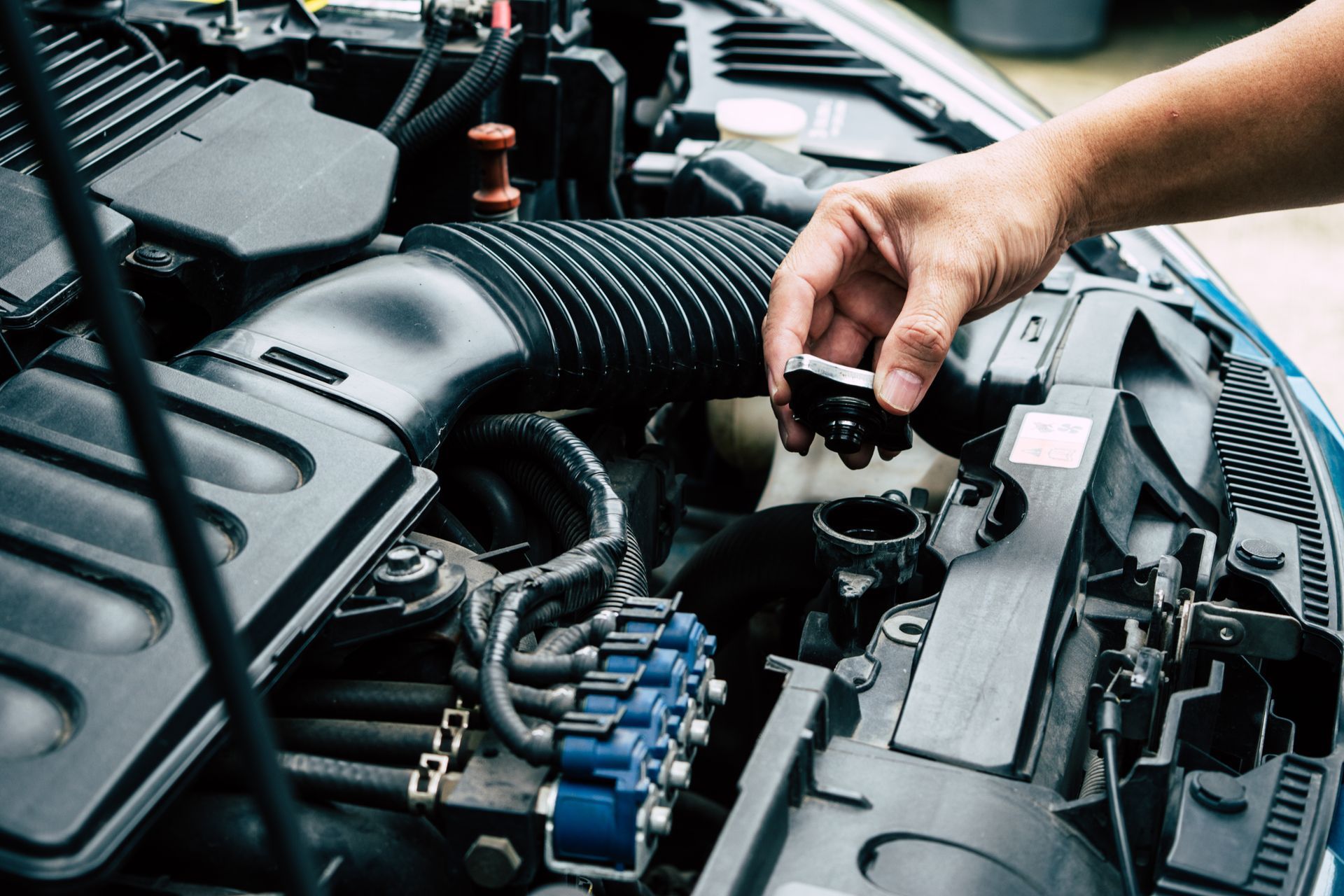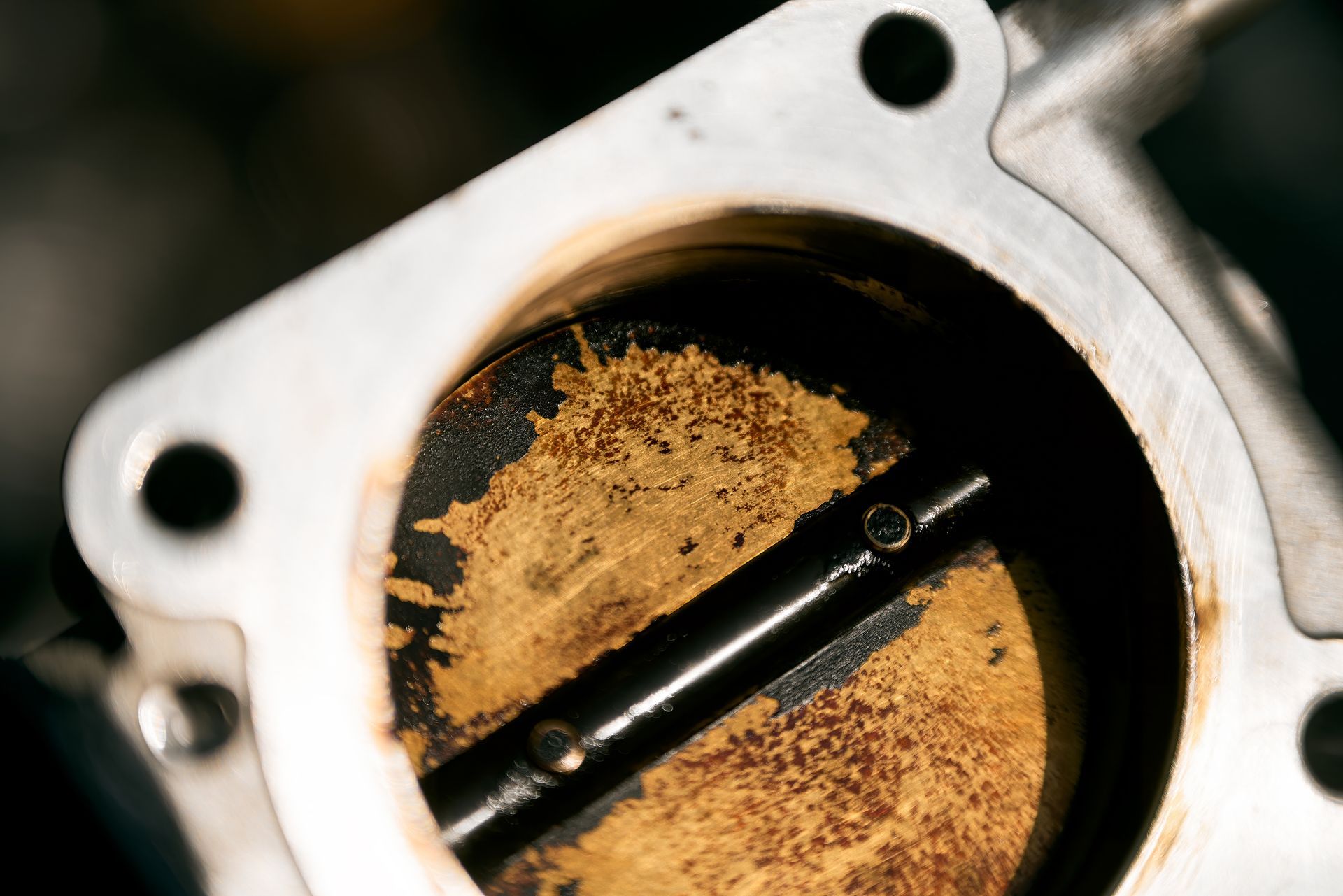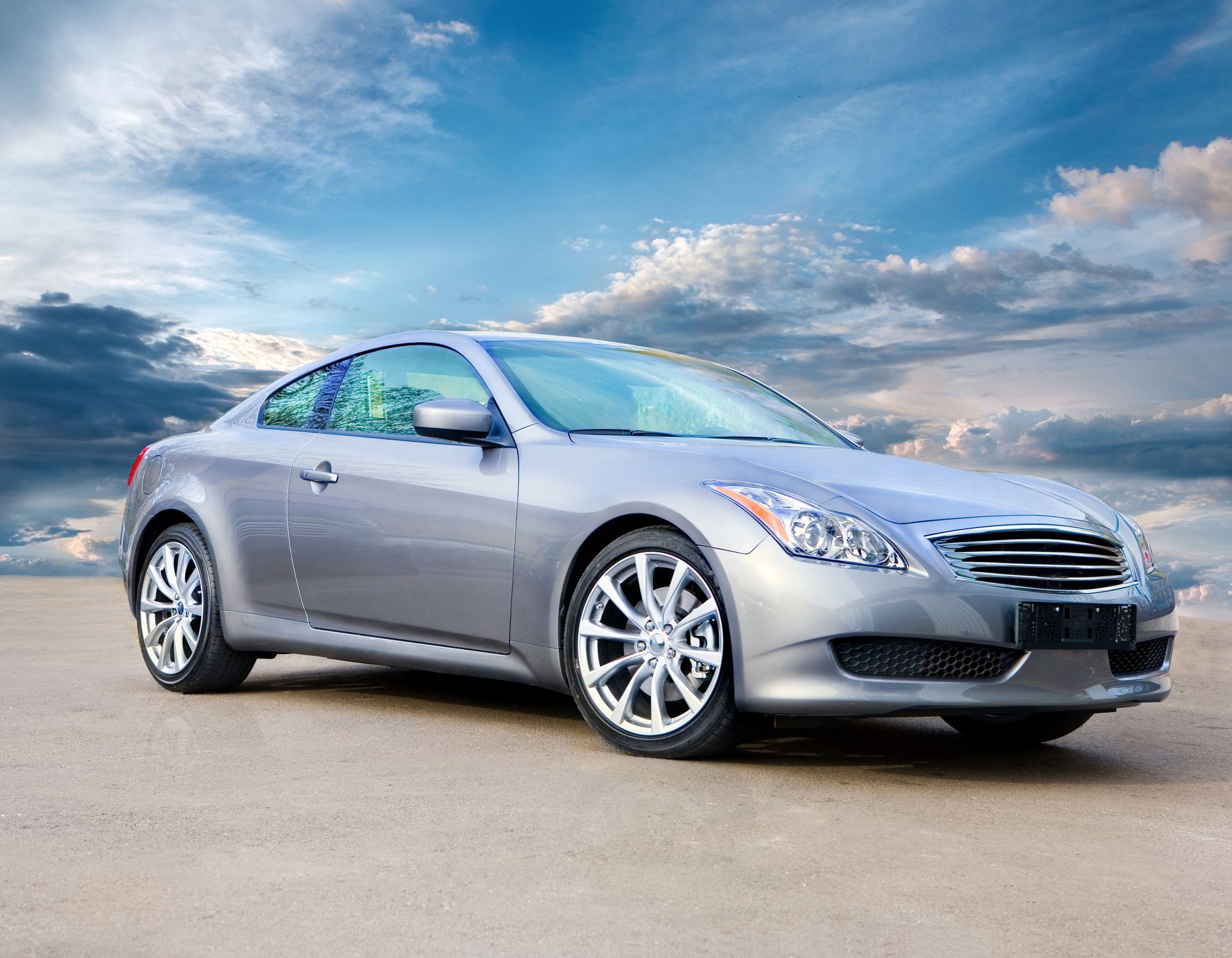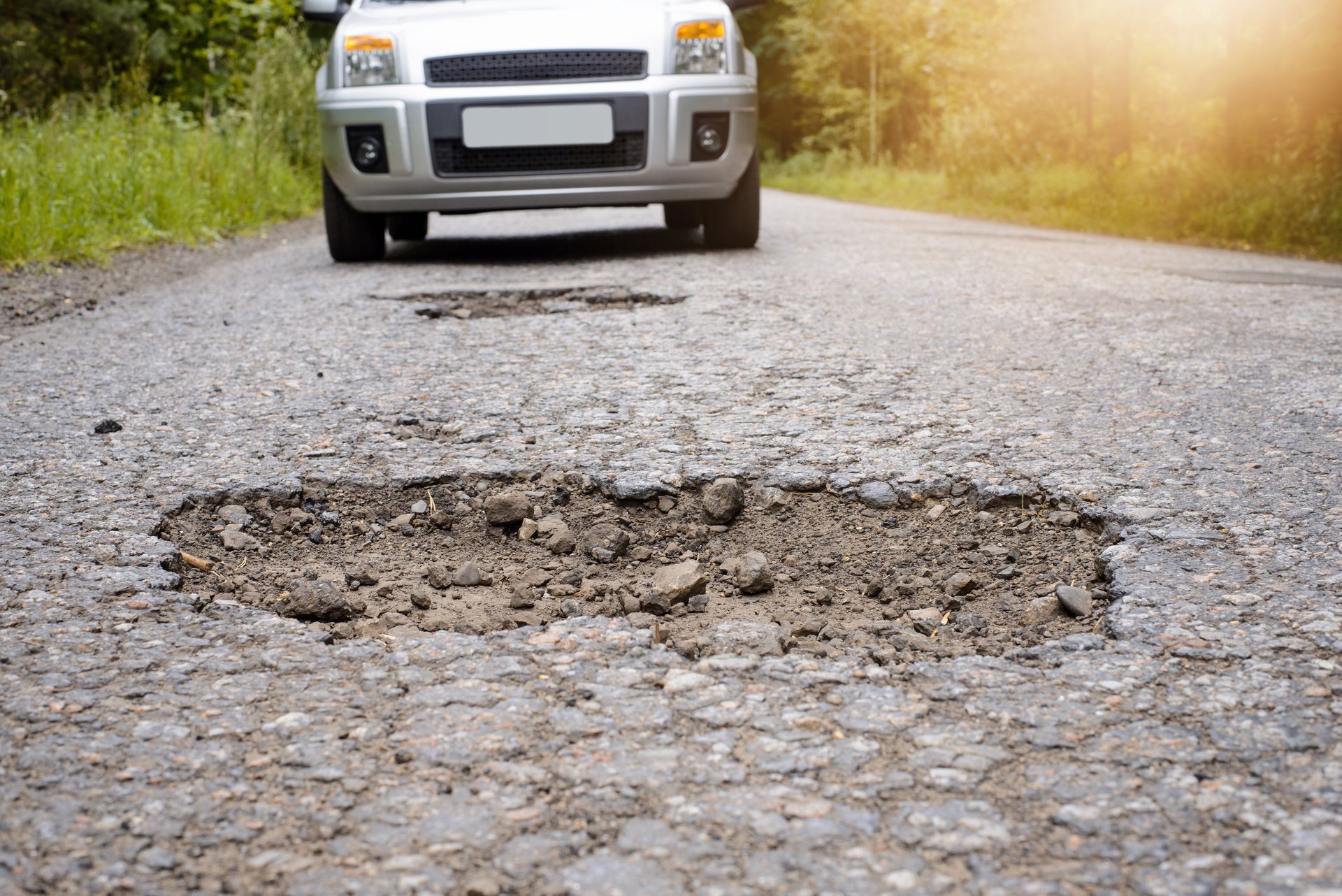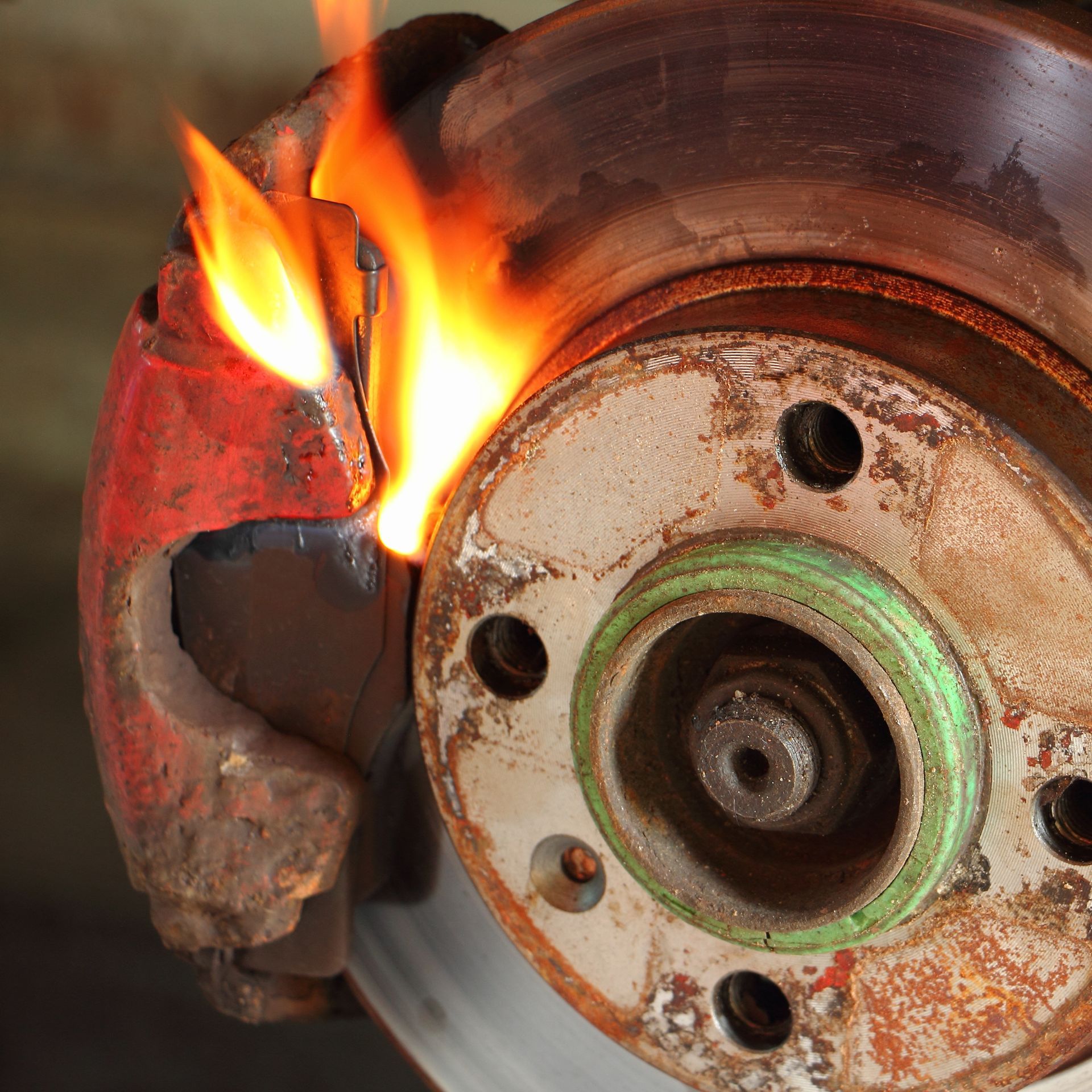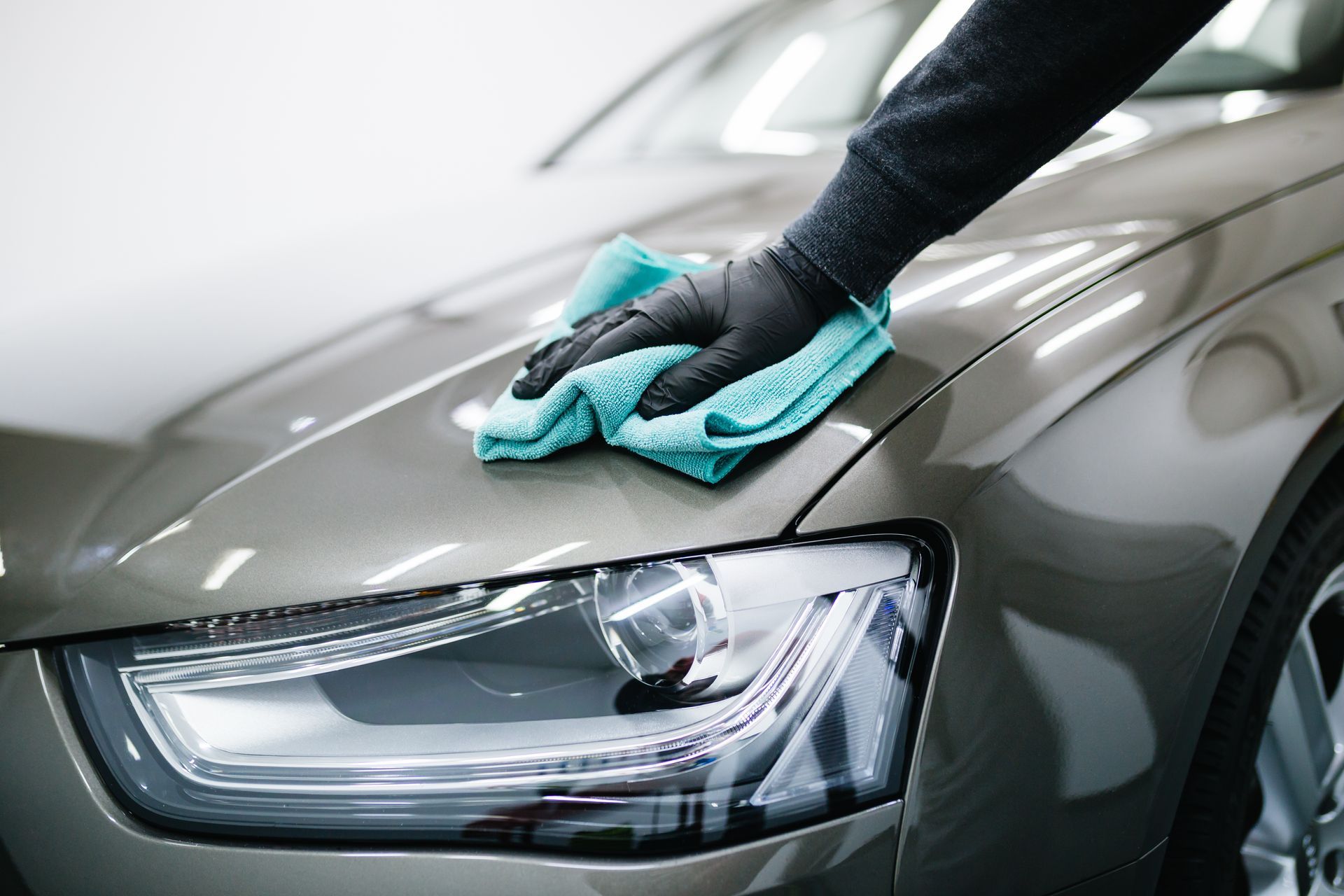Your check engine light can be frustrating—it comes on without warning, and suddenly, you’re left wondering what’s wrong. Is it a quick fix, or is your car trying to tell you something more serious? While some causes are, others can lead to more significant problems if left unchecked.
This warning light isn’t something to ignore. It’s your car’s way of signaling that something needs attention, and taking action early can prevent expensive repairs down the road. Knowing what might be causing it and when to get it checked can help you stay ahead of potential issues.
Why Does the Check Engine Light Turn On
Your vehicle’s onboard diagnostic system constantly monitors the engine, emissions, and other key components. When it detects a problem, the check engine light turns on. The tricky part is that the same light can appear for something as simple as a loose gas cap or as serious as an engine misfire.
A solid check engine light typically signals a non-urgent issue, like a failing sensor or emissions-related problem. Your car may still drive fine, but it’s best to get it checked soon.
A flashing check engine light, however, means a serious issue—like an engine misfire—that could cause major damage. If you see a flashing light, pull over as soon as possible and avoid driving until the problem is diagnosed.
Common Reasons Your Check Engine Light Comes On
Loose or Faulty Gas Cap
If your check engine light turns on right after you’ve refueled, the problem could be as simple as a loose or cracked gas cap. Your fuel system is pressurized, and if the cap isn’t sealing properly, it can trigger a warning. Tightening the cap or replacing it should resolve the issue.
Oxygen Sensor Failure
Your car relies on oxygen sensors to monitor the fuel-to-air ratio in the engine. When a sensor fails, the engine may burn too much or too little fuel, leading to reduced gas mileage and increased emissions. Ignoring a faulty sensor for too long can cause damage to the catalytic converter, turning a simple fix into an expensive repair.
Spark Plug or Ignition Coil Issues
If your car feels sluggish, misfires, or struggles to accelerate, worn-out spark plugs or ignition coils could be the problem. These components are responsible for igniting the fuel in your engine. When they fail, the engine runs poorly, fuel economy drops, and you risk long-term damage.
Mass Airflow Sensor Malfunction
A failing mass airflow sensor can cause rough idling, hesitation, and stalling. This sensor measures the amount of air entering the engine and adjusts fuel injection accordingly. A dirty air filter can sometimes contribute to mass airflow sensor problems, so checking and replacing the filter regularly can help prevent this issue.
Catalytic Converter Problems
Your catalytic converter reduces harmful emissions and helps your car run efficiently. When it starts to fail, you may notice sluggish performance, dark exhaust smoke, or a strong sulfur smell. A damaged catalytic converter can lead to overheating and increased fuel consumption, making it crucial to address the issue quickly.
When to Take Action
Not every check engine light means you need to pull over immediately, but some situations require quick action.
If your check engine light is solid and the car runs normally, schedule an inspection soon. You may be able to drive for a while without immediate consequences, but delaying repairs can make things worse over time.
If the light is flashing or the car feels rough, struggles to accelerate, or makes strange noises, it’s time to stop driving and get help immediately. Driving with a severe issue could cause engine failure or expensive repairs.
Mountain Tech Will Fix Your Check Engine Light
Ignoring a check engine light could mean minor issues turn into expensive repairs. Our professionals can perform a full diagnostic check, pinpoint the issue, and provide the right solution. Whether it’s a sensor, an emissions problem, or a more serious concern, we’ll make sure your vehicle stays reliable and road-ready.
Is your check engine light flashing or causing concern? Our professionals at
Mountain Tech in Oregon City, OR, will find the problem and get you back on the road safely. Contact us today to schedule your service!



